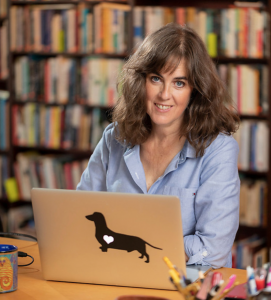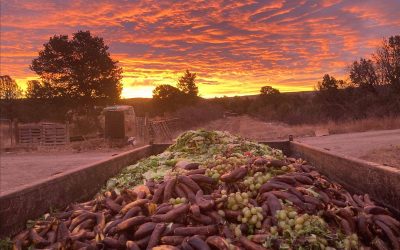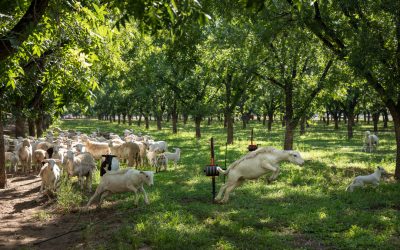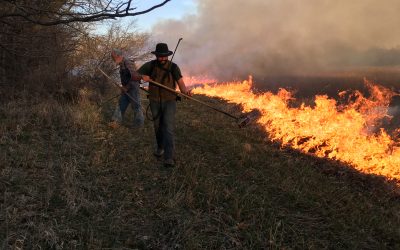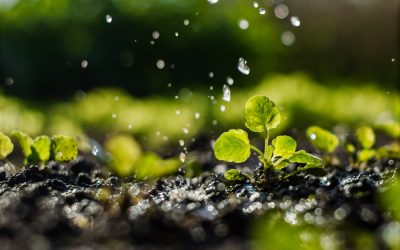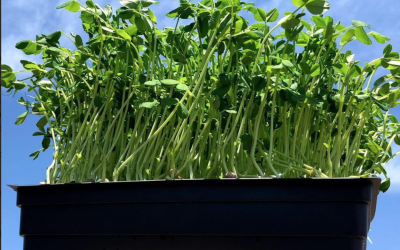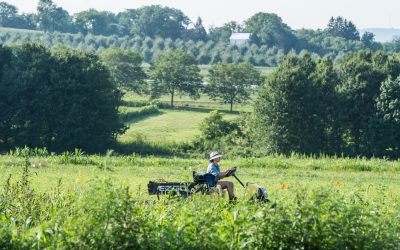
Recent Programs
Science meets compost
Biologist Eva Stricker works with hog farmer Zach Withers and rancher Emily Cornell to study—and quantify—how compost works to heal degraded agricultural lands. So far the results are promising.
Growing pecans in the desert? Yes—with regenerative ag practices
Soil microbiologist David Johnson has been collaborating with pecan farmer Josh Bowman to cultivate healthy soil that retains water and produces a more abundant—and more profitable—harvest.
Transforming the American Prairie, one strip at a time
Native Americans used fire and other methods to cultivate food on the prairie. In the 20th century it was plowed under for endless rows of monocrops. Omar de Kok-Mercado is part of a team that is working to make prairie land ecologically–and economically–sustainable.
Funding the science of regenerative ag
LaKisha Odom of The Foundation for Food and Agriculture Research is helping to fund the research behind healthy soil practices so that more farmers can make the transition to regenerative agriculture and long-term sustainability and resilience.
From art to agriculture: Emerald Gardens
Roberto Meza was an artist and MIT graduate student who took some time off to deal with health concerns—and found that fresh greens made such a difference in his life that he started growing them. Now he runs a thriving business and focuses on food sovereignty and equity.
The Rodale Institute: Pioneers in regenerative/organic farming
When the “green revolution” offered the promise of better agriculture through chemical-intensive farming, J.I. Rodale was skeptical. He started an organic farm and then an institute to study how farming could improve the land and human health. Now they’re doing great work from coast to coast.
Deep Science Radio
This a show for everyone, nerds and non-nerds alike, where you can hear in-depth interviews with scientists and science writers about things that affect the rest of us—and things that are just incredibly interesting. We welcome your ideas, questions, and comments!
